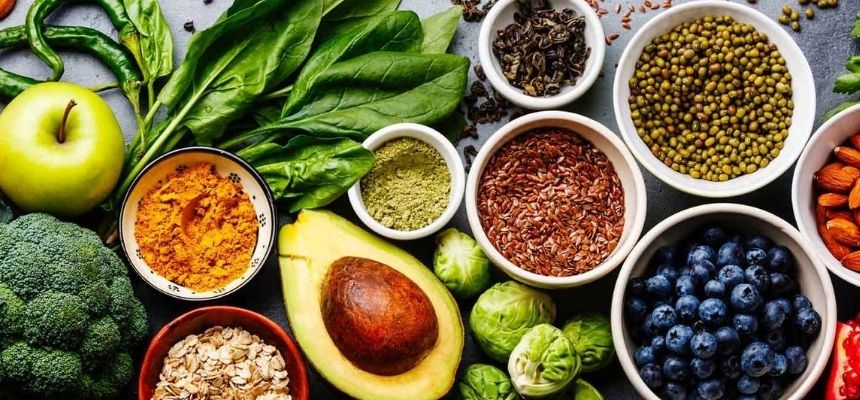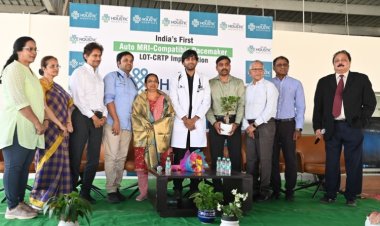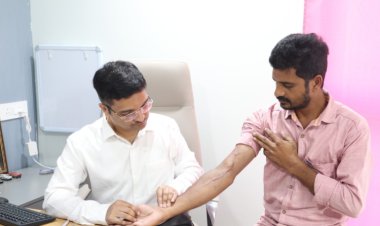Sudden Stroke in Young Adults? Why It’s Happening and How to Prevent It

Are strokes only a concern after retirement? Think again. There’s an alarming new trend: strokes are increasingly affecting adults in their 30s and 40s, many of whom appear young, active, and healthy. Studies reveal a 14.6% rise in stroke cases among people aged 18–44 and a 15.7% increase in the 45–64 age group in recent years. What’s more shocking is that this increase isn’t seen in older adults, making the trend in younger populations particularly concerning.
These strokes often occur suddenly and without warning, and they’re changing lives in seconds. But why is this happening? And more importantly, how can you protect yourself? Dr. Manoj Vasireddy, MBBS, DNB, DM, PDF (Stroke & Neuro Intervention), Consultant Neurologist at Sri Sri Holistic Hospitals, Kondapur, explains the causes, early signs, and smart steps for prevention.

Dr Manoj Vasireddy ( Interventional Neurologist , Kondapur )
What Is a Stroke?
A stroke occurs when blood flow to a part of the brain is blocked (ischemic stroke) or when a blood vessel in the brain bursts (haemorrhagic stroke). Without oxygen and nutrients, brain cells start to die within minutes, leading to potentially permanent damage or even death.
Common effects of a stroke include:
- Sudden paralysis
- Loss of speech or vision
- Memory problems
- In severe cases, death
Why Are Strokes Rising Among Younger Adults?
- Hidden High Blood Pressure and Diabetes: Many young adults skip regular health checkups, leading to undiagnosed high blood pressure and sugar levels. Over time, these silent conditions damage blood vessels, setting the stage for a stroke.
- Inactive Lifestyles and Obesity: Spending long hours sitting and skipping workouts encourages fat build-up in arteries, reducing blood flow and raising stroke risk.
- Smoking and Alcohol: Both habits damage blood vessels and promote blood clots, increasing the chances of stroke.
- Stress and Poor Sleep: Chronic stress and sleepless nights elevate cortisol, a hormone that puts pressure on your heart and blood vessels.
- COVID-19 Effects: Even after recovery, COVID-related inflammation and clotting problems can raise stroke risk, even in people with no previous health issues.
- Undetected Heart Problems: Some people have irregular heart rhythms or congenital defects that allow clots to form and travel to the brain.
How to Recognize a Stroke: Act FAST
When it comes to stroke, every minute matters. Use the FAST method to spot the signs:
- F – Face Drooping: One side of the face looks uneven or numb
- A – Arm Weakness: One arm feels weak, heavy, or numb
- S – Speech Difficulty: Slurred words or confusion when speaking
- T – Time to Act: Call emergency services immediately
Treatment within 3 to 4.5 hours of symptom onset can reduce the risk of lasting damage.
Stroke Prevention: Simple Steps That Can Save Your Life
You don’t have to wait for symptoms to take action. Here’s how to protect your brain health starting today:
- Track Your Vitals: Monitor your blood pressure, sugar, and cholesterol regularly—even if you’re under 40.
- Quit Smoking and Limit Alcohol: Even occasional binge drinking adds to stroke risk.
- Get Active: Just 30 minutes of movement a day—walking, stretching, yoga—can make a big difference.
- Sleep Well, Stress Less: Make time for 7–8 hours of sleep and learn simple stress-reducing techniques like meditation or deep breathing.
- Eat Smart: Choose whole grains, vegetables, fruits, lean proteins, and cut down on salt, sugar, and fried food.
- Pay Attention to Early Signs: Headaches, numbness, blurred vision, or dizziness should never be ignored. Get checked immediately.
Final Words from the Doctor
Dr. Manoj Vasireddy stated that, “Stroke is no longer a disease of age; it is a disease of inattention. In today’s fast-paced life, we often neglect health checkups and early signs. I urge every adult to take preventive health seriously. Stroke can change a life in seconds, let’s act before it does.”
Conclusion:
Young doesn’t mean invincible. With strokes rising among younger adults, it’s time to take your brain health seriously. At Sri Sri Holistic Hospitals, our expert neurology team is equipped to provide advanced stroke screening, diagnosis, and care before it’s too late. If you’ve experienced warning signs or have risk factors, don’t wait. Book your consultation with Dr. Manoj Vasireddy today.

 Disclaimer: Welthi.com does not guarantee any specific results as a result of the procedures mentioned here, and the results may vary from person to person.
Disclaimer: Welthi.com does not guarantee any specific results as a result of the procedures mentioned here, and the results may vary from person to person.









